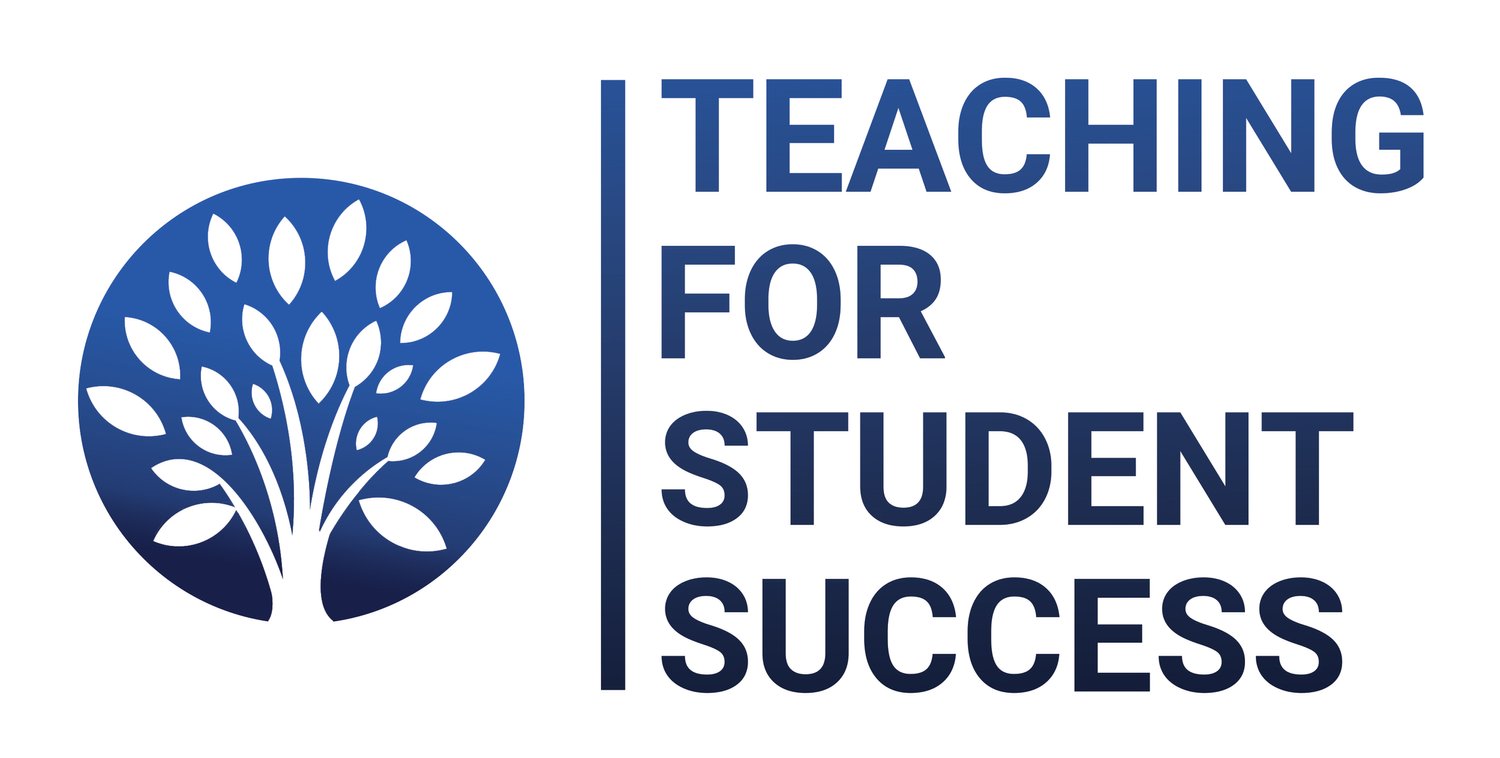Episode 12: Failure is Just A Learning Opportunity: Growth Mindset vs. Economic Disadvantage
Listen to Full Episode
Figure 1. Average standardized mathematics and language test scores for students with growth and fixed mindsets by family income decile. A shows language scores, and B shows mathematics scores. Dashed lines represent students with growth mindset, and solid lines represent students with fixed mindset. For clarity, only fixed mindset and growth mindset (not mixed mindset) students are included. However, we note that mixed mindset students consistently fell in between the two other groups. Claro, Paunesku, and Dweck (2016). https://www.pnas.org/doi/10.1073/pnas.1608207113.
Thank you to Howard Hughes Medical Institute BioInteractive for providing these transcripts.
Failure is Just A Learning Opportunity: Growth Mindset and Economic Disadvantage
Many of your students grew up economically disadvantaged. Without intervention, economically disadvantaged students are more likely to leave the academy than economically advantaged students. While no one expects faculty to solve students economic problems (well, maybe we can help by minimizing costs of textbooks), we as faculty can significantly impact the academic performance of these students with a few simple, no-cost interventions. Interventions for both the faculty and the students. If you want to help your economically disadvantaged students succeed, if you really want to help all of your students succeed, you must listen to Dr. Susan Claro in this episode. Deans and Provosts, pay attention!
References
Growth mindset tempers the effects of poverty on academic achievement. Susana Claro, David Paunesku, and Carol S. Dweck July 18, 2016 | 113 (31) 8664-8668. https://doi.org/10.1073/pnas.1608207113
Transformational Reading
Dweck, Carol S. 2007. Mindset: The New Psychology of Success. How we can learn to fulfill our potential. Ballantine Books. Amazon. B&N. Powell’s.
Duckworth, Angela. 2018. Grit: The Power of Passion and Perseverance. Simon & Schuster. Amazon. B&N. Powell’s.
Related Websites
Dr. Claro’s website contains a wealth of information and links.
PERTS empowers educators to improve student outcomes by applying research-based practices. https://www.perts.net
MINDSETWORKS: Programs that Motivate Students and Teachers. https://www.mindsetworks.com
Pell Data Resources


